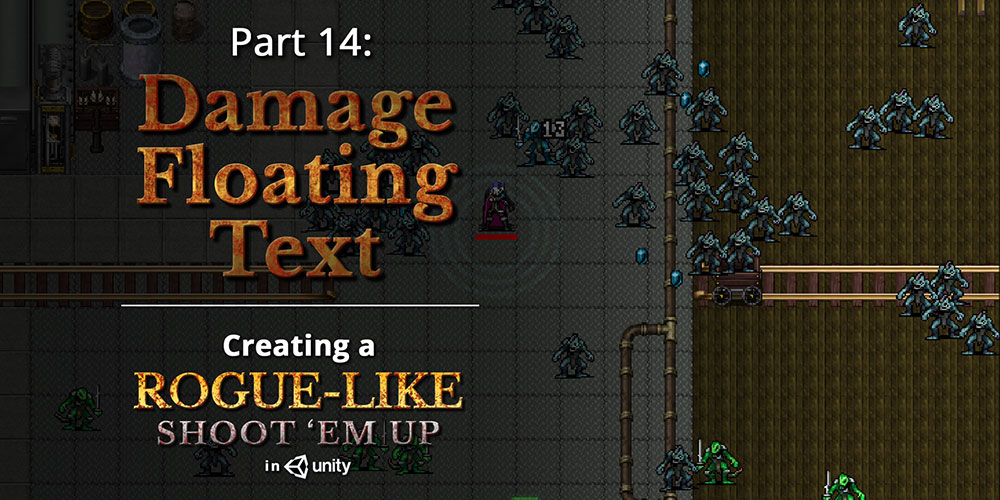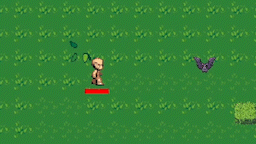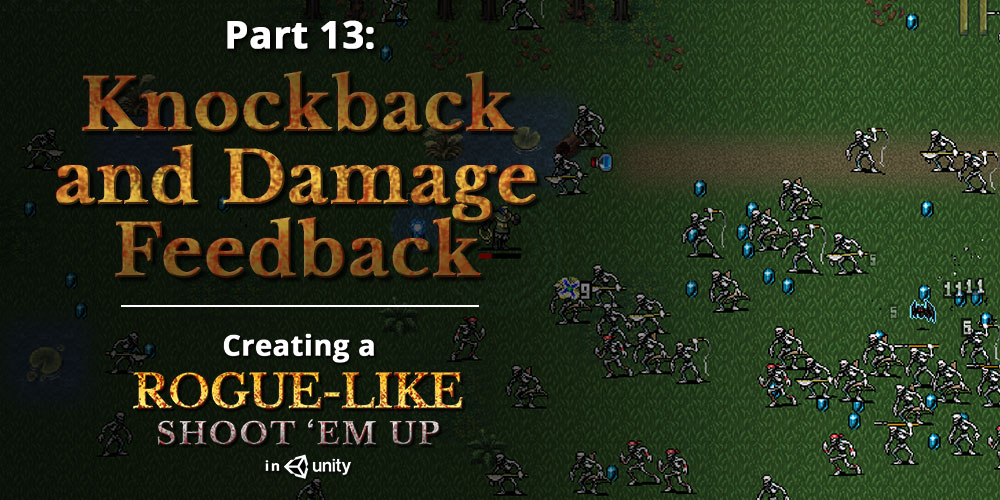Ever wanted to create a game like Harvest Moon in Unity? Check out Part 19 of our guide here, where we set up a spawning system for the incubated chickens in the coop, as well as a system for naming these chickens. You can also find Part 18 of our guide here, where we went through how to create an incubator for chickens.
Creating a Farming RPG (like Harvest Moon) in Unity — Part 19: Naming and Spawning Chickens
This article is a part of the series:
Creating a Farming RPG (like Harvest Moon) in Unity
 Unlock Content
Unlock Content



